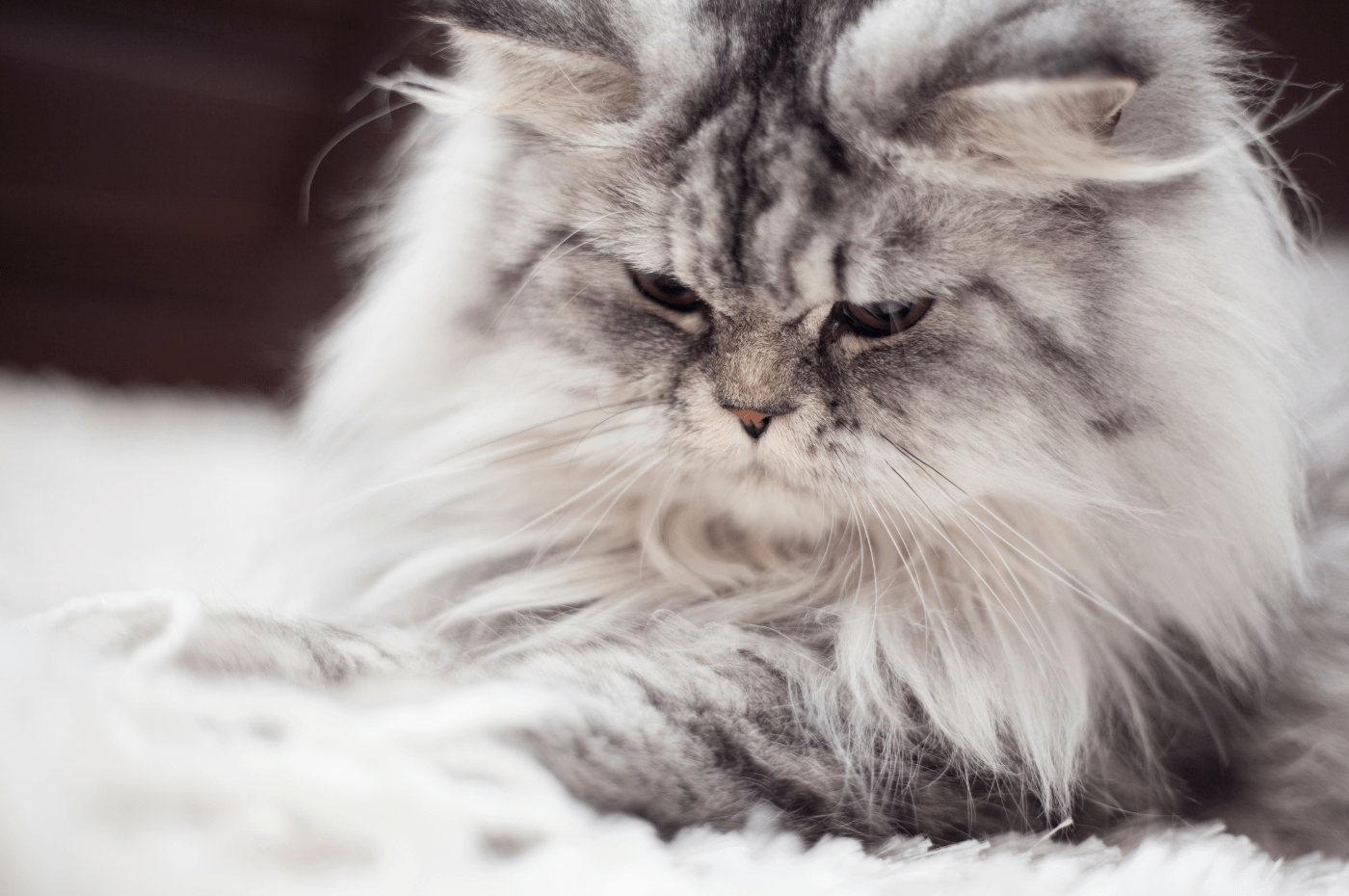Cats are beloved for their mysterious nature and calm demeanour, but they’re not immune to stress. While they might not show their discomfort as overtly as dogs, signs of stress in cats can manifest in subtle and not-so-subtle ways. Recognizing these signs and addressing the causes promptly is crucial for their well-being.
As a caring pet parent, understanding your feline’s stressors and taking proactive measures can make a world of difference. Additionally, natural solutions like CBD oil for cats are emerging as an option to help alleviate anxiety and promote relaxation.
What Causes Stress in Cats?
Stress in cats can arise from various environmental, physical, and emotional factors. Some common causes include:
Changes in Environment:
- Moving to a new home.
- Rearranging furniture or introducing new objects.
- Loud noises like fireworks or construction work.
Interactions with Other Animals:
- The presence of unfamiliar pets or neighbourhood cats.
- Conflict with other pets in the house.
Routine Disruptions:
- Changes in feeding schedules, litter box placement, or your work routine.
- A new baby or guest in the house.
Health Issues:
- Illness or pain can exacerbate stress.
- Poor nutrition or dehydration.
Lack of Enrichment:
- Boredom from insufficient play or stimulation.
- No access to scratching posts, perches, or interactive toys.
Signs of Stress in Cats
Cats are masters of masking their emotions, but stress often manifests in specific behaviors and physical symptoms. Look out for the following signs:
- Increased Vocalization: Stressed cats may meow, yowl, or hiss more than usual. Meowing and yowling are often cries for attention, while hissing and growling indicate fear or frustration.
- Changes in Grooming Habits: Overgrooming or excessive licking can signal anxiety. Conversely, some cats may stop grooming altogether, leading to a dull, unkempt coat.
- Urinating Outside the Litter Box: Cats may urinate outside their litter box when stressed. This behavior is often an attempt to self-soothe, as the scent of their own urine provides comfort. However, medical issues like urinary tract infections should be ruled out first.
- Aggression: Stress can make a typically docile cat lash out with scratching, biting, or pouncing. Aggression may also stem from feeling threatened or unsafe.
- Hiding or Withdrawal: A stressed cat might retreat to secluded spots, avoiding interaction with humans or other pets. This behavior is a coping mechanism to feel safe.
- Changes in Appetite or Thirst: Anxiety often suppresses a cat’s appetite or reduces water intake, which can lead to weight loss or dehydration.
- Low Energy or Increased Sleeping: While cats naturally sleep 16–20 hours a day, excessive lethargy or inactivity could signal stress. Stress can deplete their energy and lead to prolonged rest.
- Digestive Issues: Vomiting and diarrhea are common physical symptoms of stress in cats. Persistent issues warrant a visit to the vet.
How to Help a Stressed Cat
If you notice signs of stress in your cat, it’s essential to address both the symptoms and the underlying causes. Here are practical ways to help:
Create a Safe Environment
- Provide Hiding Spots: Set up cozy, enclosed spaces where your cat can retreat.
- Observation Perches: Cats feel safer when they can observe their surroundings from a height.
Establish a Routine
Consistency in feeding, playtime, and litter box maintenance can provide a sense of stability. Cats thrive on predictability, and disruptions to their routine can cause stress.
Offer Environmental Enrichment
- Interactive Toys: Use treat-dispensing or puzzle toys to engage their minds.
- Scratching Posts: Provide horizontal and vertical scratching surfaces to satisfy their natural instincts.
- Window Views: Place cat trees or beds near windows for birdwatching and sunlight.
Address Health Concerns
If your cat exhibits stress-related symptoms like vomiting, diarrhea, or changes in appetite, consult your vet to rule out underlying medical issues.
Reduce Environmental Stressors
- Noise Control: Use white noise machines or keep your cat in a quiet room during fireworks or storms.
- Limit Interactions: If a new pet or person causes stress, introduce them gradually and allow your cat time to adjust.
Use Pheromone Diffusers
Products like Feliway release synthetic pheromones that mimic a mother cat’s comforting scent. These can help reduce anxiety and create a calming atmosphere.
Spend Quality Time
Regularly engage in play sessions and offer affection, but always respect your cat’s boundaries. Some stressed cats may prefer less handling until they feel secure.
Benefits of CBD for Cats:
- Reduces anxiety and promotes calmness.
- Helps with stress-induced digestive issues like vomiting or diarrhea.
- May alleviate aggression and improve overall mood.
Using CBD Safely for Cats:
- Choose high-quality, pet-specific CBD products from trusted brands like Qurist, which adhere to Indian regulations.
- Start with a low dose and monitor your cat’s response.
- Always consult your veterinarian before introducing CBD to your cat’s routine.
When to Seek Professional Help
If your cat’s stress persists despite your efforts, it may be time to seek professional assistance:
- Veterinary Consultation: Rule out medical conditions that could be contributing to stress-related behaviours.
- Certified Cat Behaviorist: A behaviourist can create a tailored plan to address your cat’s specific stressors.
- Medication: In severe cases, anti-anxiety medications may be prescribed alongside environmental and behavioural modifications.
Stress in cats can significantly impact their physical and emotional health, but recognizing the signs early and implementing proactive measures can make all the difference. From creating a calm environment to introducing natural remedies like CBD oil, there are many ways to support your cat through stressful times.
At Qurist, we believe in holistic pet care and offer premium-quality CBD products designed to promote relaxation and overall well-being for your furry friends. Always prioritize your cat’s unique needs and consult a veterinarian to ensure you’re providing the best care possible. After all, a stress-free cat is a happy cat!





Leave a comment
This site is protected by hCaptcha and the hCaptcha Privacy Policy and Terms of Service apply.